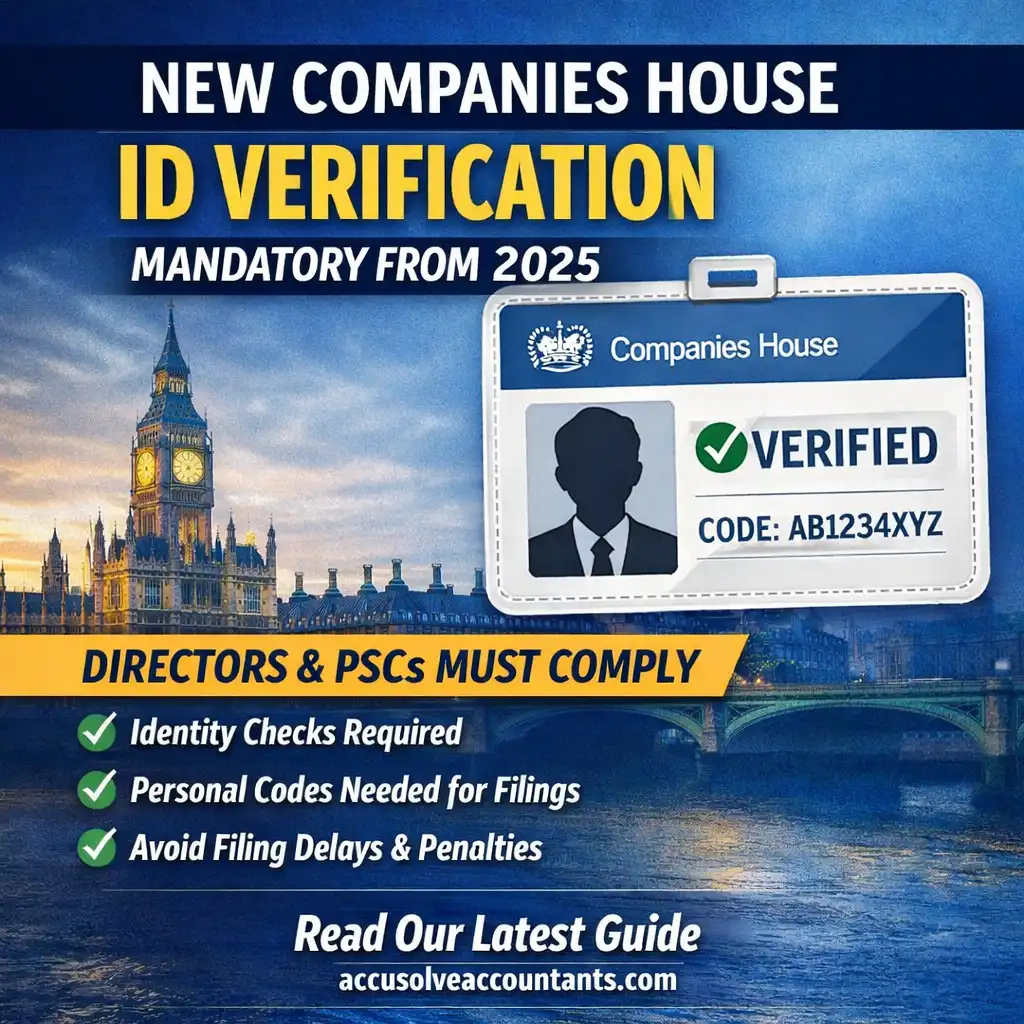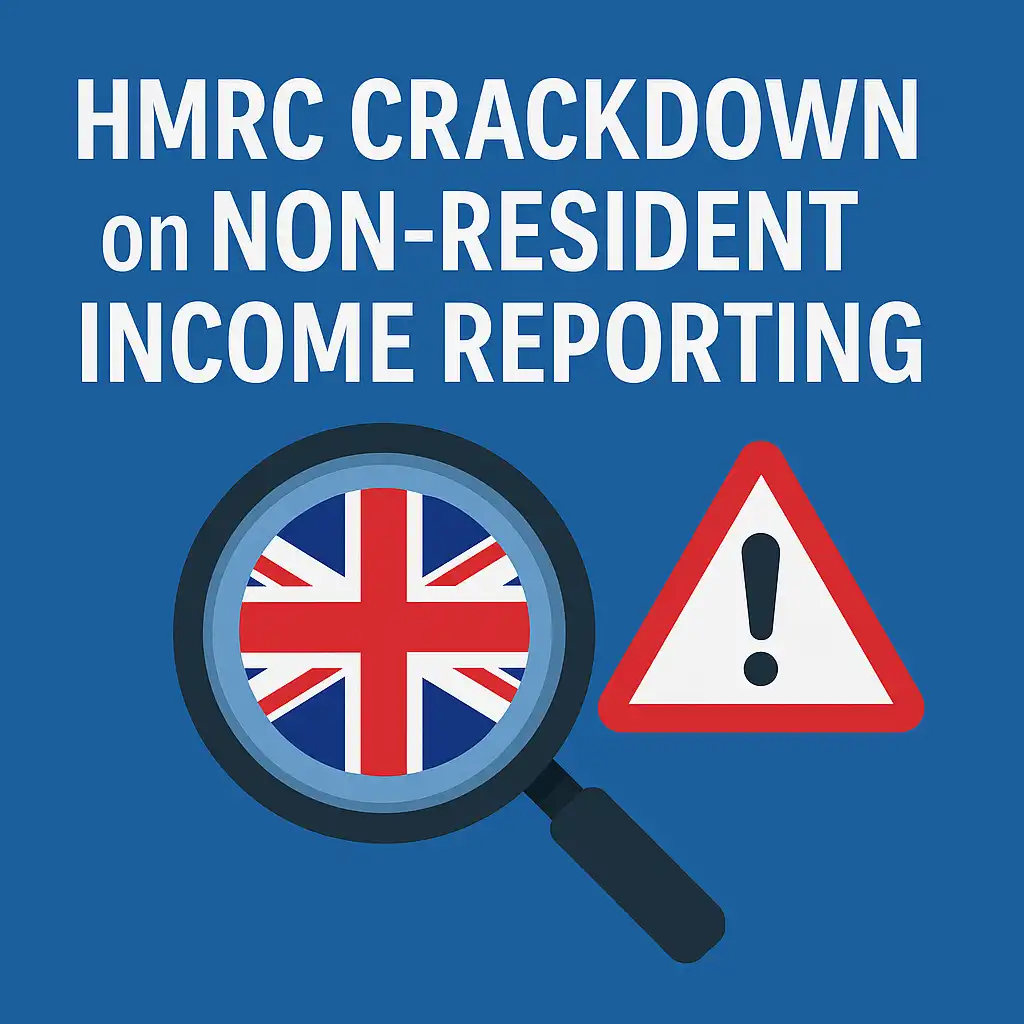The Complete Guide to Hiring Certified Accountants in London
Hiring the right certified accountants in London can transform the way your business manages tax, compliance, and growth. But with so many firms to choose from, how do you ensure your accountant is qualified, transparent, and fully compliant with UK law? This guide explains everything you need to know—from verifying professional membership and understanding fee structures to the importance of AAT AML supervision in safeguarding your business against risk. Whether you’re a startup, SME, or a non-UK resident setting up in London, here’s how to choose a regulated, trusted accountant who can help you save time, reduce liabilities, and stay ahead of HMRC deadlines.

Choosing the right certified accountant in London is about more than bookkeeping: it’s about regulation, data integrity, and risk management. This guide explains how to assess qualifications, pricing, sector expertise and—critically—anti-money laundering (AML) supervision. Accusolve is supervised for AML by AAT (a UK professional body supervisor operating under the FCA’s OPBAS framework), providing added oversight and consistency in AML standards.
1) Why Regulation & AAT AML Supervision Matter
- UK Money Laundering Regulations require risk-based controls: customer due diligence (CDD), enhanced due diligence (EDD where applicable), ongoing monitoring, and record keeping.
- Firms must have defined AML governance (e.g., nominated officer/MLRO function), training, and policies, controls and procedures.
- AAT AML supervision adds professional-body oversight; OPBAS (within the FCA) supervises the accountancy/legal professional body supervisors for consistent standards.
2) How to Find & Vet a London Certified Accountant
| Step | What to Ask | Why It Matters |
|---|---|---|
| 1 | Confirm professional membership (e.g., ACCA or AAT), AML supervisor (e.g., AAT) and PII cover. | Assures professional standards, AML oversight and insurance. |
| 2 | Ask about AML policies: KYC, risk assessments, ongoing monitoring, EDD triggers. | Shows a robust, law-aligned approach to onboarding and engagement. |
| 3 | Check sector experience (startups, contractors, ecommerce, property, hospitality). | Improves advice quality (R&D, VAT, CGT, IP, payroll nuances). |
| 4 | Understand pricing (fixed package vs hourly/task), scope and change-order process. | Prevents surprises; aligns service levels to needs. |
| 5 | Confirm software stack (Xero/QuickBooks), MTD-compliant processes, secure document exchange and e-signatures. | Ensures digital compliance, efficiency and data security. |
| 6 | Request case studies/references from similar London businesses. | Evidence of outcomes and service reliability. |
| 7 | Check accessibility (remote + in-person options) for HMRC enquiries or investor meetings. | Speeds decisions when stakes are high. |
3) Typical Fee Models & What to Expect
- Monthly packages for SMEs (bookkeeping, VAT, payroll, year-end, corporation tax) with add-ons (forecasts, R&D, investor packs).
- Annual fixed-fee for compliance-only mandates.
- Hourly/task-based for one-offs (setups, clean-ups, due diligence, advisory).
Always obtain an engagement letter detailing scope, deliverables, deadlines, fees, and responsibilities.
4) Compliance & AML Essentials (UK)
- Customer Due Diligence (CDD): verify identity and beneficial ownership; apply EDD for higher-risk scenarios.
- Ongoing monitoring: keep client data current and scrutinise transactions/activity as appropriate.
- Record keeping: retain records for the statutory period per the MLRs.
- Training & governance: maintain AML training and a nominated officer/MLRO function; document policies, controls and procedures.
- Digital compliance: ensure MTD-compliant processes for VAT (and other taxes as applicable) and secure data handling.
5) Switching Accountants & HMRC Agent Authorisations
Switching mid-year is common. Your new accountant will help obtain agent authorisations (e.g., Corporation Tax, PAYE, Self Assessment). For VAT, authorisation now routes via the Agent Services Account (ASA). Obtain/transfer access, share prior records, and align filing calendars to avoid missed deadlines.
References & Compliance Notes
- AAT AML supervision: AAT outlines AML supervision and templates; AAT is overseen by the FCA’s OPBAS for consistent AML standards. AAT AML · FCA – OPBAS
- Professional body supervisors: List of PBS under the MLR 2017 (HMRC Economic Crime Supervision Handbook). GOV.UK – ECSH52575
- AML obligations for accountants: CCAB guidance adopted by UK accountancy supervisors; GOV.UK summary of responsibilities (CDD, monitoring, record keeping). GOV.UK – CCAB guidance · GOV.UK – MLR responsibilities
- Ongoing monitoring: HMRC internal manual overview. GOV.UK – ECSH33375
- Agent authorisation: Change/remove agent authorities; VAT authorisation via ASA. GOV.UK – Change authorisations · ATT – VAT agent authorisation
This article is for general guidance only and does not constitute legal or tax advice. Always consult current GOV.UK guidance and your professional adviser.
Hire a London accountant with robust AAT AML-supervised processes
Compliance, clear pricing, digital workflows and sector expertise for startups and SMEs.
Call: 0203 092 6909 · Email: mail@accusolveaccountants.com · Explore our London services
Supervised for anti-money laundering by the Association of Accounting Technicians (AAT).








